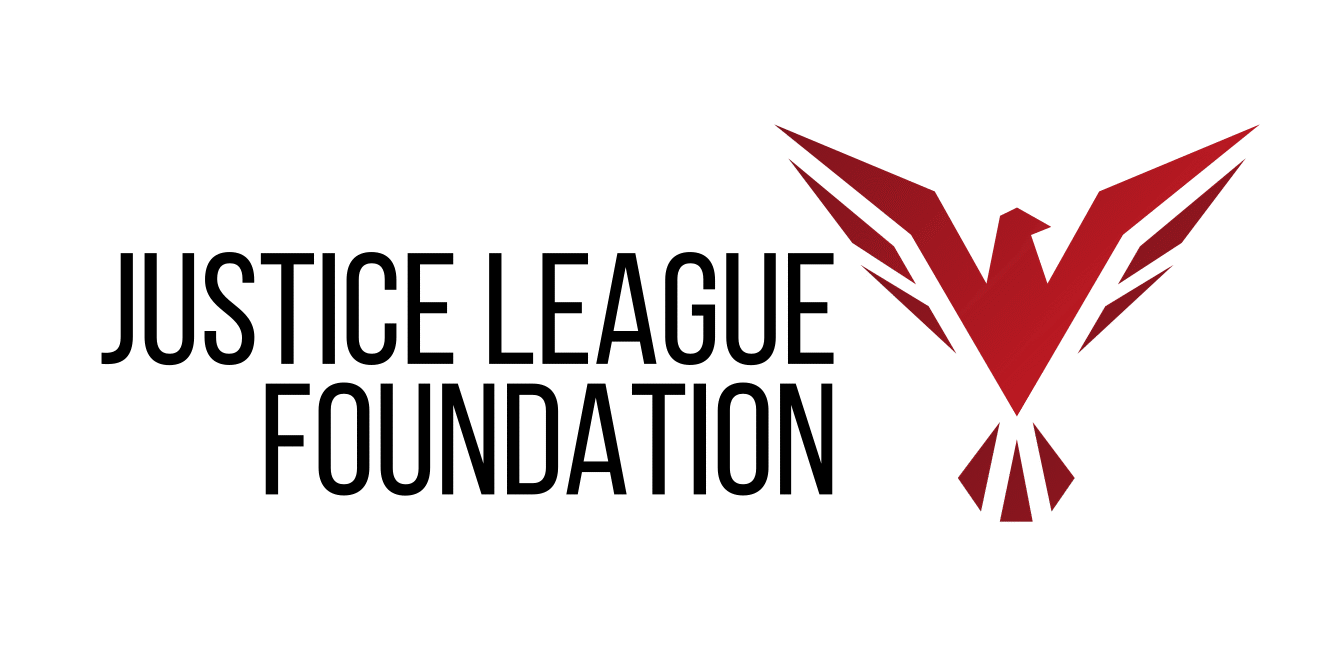UNCRC in India: A Promise Yet to Be Fulfilled
When we speak about children’s rights in India, many people respond with skepticism.
“It’s idealistic.”
“It’s not practical in our country.”
“Our social realities are too complicated.”
But here’s the truth: no child should wait for society to be perfect to be protected.
Rights are not luxuries. They are lifelines.
What is the UNCRC?
The United Nations Convention on the Rights of the Child (UNCRC) is the world’s most widely ratified human rights treaty.
It recognizes that children are not just passive recipients of care : they are individuals with their own rights.
India ratified the UNCRC in 1992, making a commitment to protect children’s:
- Right to life and development
- Right to be protected from harm
- Right to education, healthcare, and shelter
- Right to be heard in decisions that affect them
What Has India Done So Far?
India has many laws that reflect the UNCRC’s spirit: Some of which are as following:
The Right to Education Act
The Juvenile Justice Act
The Protection of Children from Sexual Offences (POCSO) Act
Laws against child labour and child marriage
And our Constitution guarantees equality, protection from exploitation, and the right to live with dignity.
But law alone is not enough.
Implementation on the ground remains weak.
Courts Have Spoken Loudly : But Are We Listening?
In the landmark case of Bachpan Bachao Andolan v. Union of India, the Supreme Court said loud and clear:
Children forced into labour, trafficking, or abuse are having their fundamental rights violated.
Every child care institution—government or private—must be registered and monitored.
Children’s dignity, safety, and well-being must be prioritized by all arms of the state.
The court also referred to the UNCRC, affirming that international child rights principles must guide Indian law and policy.
But Reality Still Hurts:
Thousands of children still work in homes, factories, and fields.
Many face abuse and neglect within their own families and institutions.
Child survivors of violence often struggle to access justice.
Mental health institutions sometimes admit children without their consent, isolating them instead of healing them.
Most importantly, children’s voices are often ignored, especially in family disputes and custody battles.
The Way Forward: It’s Time for Action, Not Excuses
Listen to children—their fears, their hopes, their choices.
Hold institutions accountable for failing to protect children.
Train law enforcement, judiciary, and schools to act in the child’s best interest.
Shift from charity-based help to a rights-based approach where children are seen as individuals with voices and dignity.
Children Deserve More Than Promises
When people tell us, “This is not practical in India,” we at Justice League Foundation ask them — is injustice practical?
If we don’t protect our children today, what kind of society will we build tomorrow?
It’s not a question of possibility. It’s a question of priority.
Every child’s dignity is our shared responsibility.
